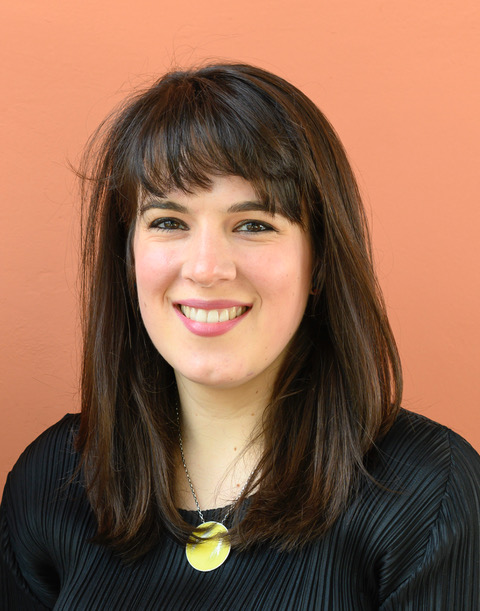Madeleine Kessler

Madeleine Kessler (MEng.(hons) AADipl. ARB RIBA) is an architect, curator and urban designer dedicated to designing joyful people-centred places. She is a founding Director at Unscene Architecture, Madeleine Kessler Architecture and co-curator of The Garden of Privatised Delights, the British Pavilion at the 17th Venice Architecture Biennale. Her practice explores architecture as a conversation about the city at every scale, with a particular focus on cultural infrastructure and public space, placing community, craft and placemaking at the heart of design. Projects include Hidden Half World at the Oslo Architecture Triennale; Gingerbread City; Nature’s Architects; and Forestation, a strategic proposal to rewild existing railway stations across the UK.
Passionate about promoting a creative understanding of the city, Madeleine sits on the National Infrastructure Commission’s Design Group, and teaches at the Architectural Association and London School of Architecture. Previously, she worked at Haworth Tompkins, HHF, Studio Weave, and as an Associate at Haptic Architects, on projects including Battersea Arts Centre, Kings Cross W3, St James's Market Pavilion, and Theatre Royal Drury Lane.
As Wüstenrot Stiftung Visiting Professor at Karlsruhe Institute of Technology, Madeleine leads the masters studio “Filling the Void: the death and life of the great European high street”. The studio explores performance-led design as an opportunity to test and re-imagine our town and city centres so that they can become places for everyone. It looks at the role of the architect as someone who is both a designer and facilitator of events and conversations that can bring communities and stakeholders together to understand what a place can become.
Madeleine Kessler is one of four guest professors of the Wüstenrot Foundation who will complement the courses of the Master's degree programme in Architecture for one semester each from the winter semester 2021/22 to the summer semester 2023 with relevant and responsible contributions to the major social challenges for building in the present and the future.
They will address questions of climate change and its ecological as well as socio-economic consequences for the built environment, the energy turnaround with regard to the renovation of existing buildings and building culture, the scarcity of resources and the circular economy, digitalisation as well as its opportunities for new building production, but also questions of rapid global urbanisation, the advancing demographic - and employment-related - change and its effects on the planning of new living environments and spaces.
